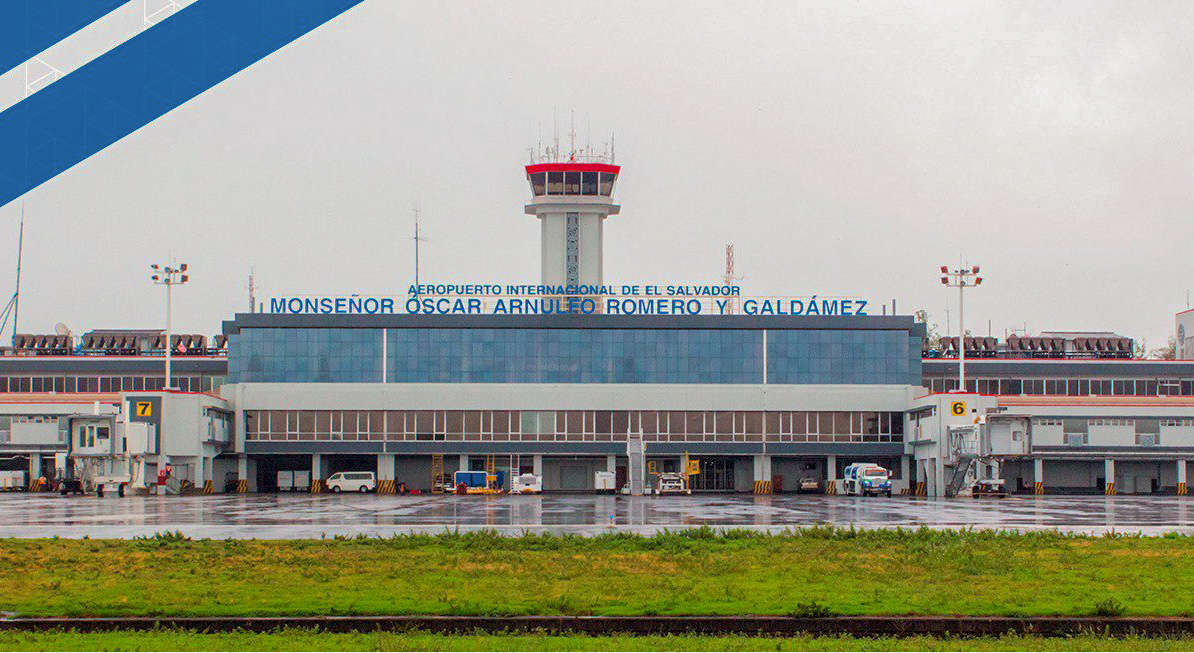Marine Corps Veteran Deported to El Salvador
Monseñor Oscar Arnulto Romero y Galdámez International Airport is located in San Salvador. (Wikipedia)
Immigration and Customs Enforcement (ICE) deported 38-year-old Marine Corps combat veteran Jose Segovia-Benitez to El Salvador following a period of detention. An ICE spokeswoman said that Segovia-Benitez’s deportation was in line with ICE policies. She confirmed that he had been sent to El Salvador, which she referred to as his “home country,” despite the fact that Segovia-Benitez had not been there since the age of three and does not speak Spanish. His deportation has reignited debate over the policy that allows for the deportation of US veterans who have been convicted of certain crimes.
Segovia-Benitez’s lawyer, Roy Petty, said that the deportation came as a complete surprise, as his client had just been granted a brief stay to give him and his legal team time to organize the paperwork asking for a pardon. Petty explained that common ICE practice is to notify a detainee’s family and legal counsel of impending deportation. However, in this case, “they woke him up and put him on a plane,” said Petty. Now, Segovia-Benitez is in jail in El Salvador, where he is expected to be held for five days.
Segovia-Benitez served in the Marine Corps from 1999-2004, and he received an honorable discharge at the end of his service. While deployed in Iraq, he suffered a traumatic brain injury as a result of an IED explosion. According to family and friends, Segovia-Benitez began self-medicating upon returning from Iraq, and eventually got involved with serious substances and crimes. He served an eight year sentence for convictions including narcotics possession, driving under the influence, conspiracy to commit a crime, assault with a deadly weapon, and corporal injury to a spouse. While his family maintains that they do not support his criminal actions, they feel that the government did not provide enough support when he was discharged.
“They got into trouble, yes, they had issues, but they served their time, and instead of like other citizens, where they’re released back into the community, where they can have a life again, they're committed to a life term of exile,” said retired Air Force Master Sergeant Jeff Merrick, commenting on the deportation policy.
Petty told the Phoenix New Times that they are still working on finding a legal way to bring Segovia-Benitez back to the US to fight his case. They plan to petition California Governor Gavin Newsom for a pardon. Newsom has made headlines for issuing pardons in other high profile immigration cases. Petty is concerned that Segovia-Benitez could be harmed in El Salvador before they can bring him back to the US, as former US military members and non-fluent speakers of Spanish are often targets of violence in Salvadoran prisons.

